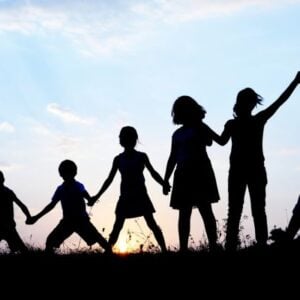The Rohingya crisis in Cox’s Bazar, Bangladesh, has now entered its ninth year, with the world’s largest refugee camp hosting over 1.5 million Rohingya Muslims fleeing violence in Myanmar. The humanitarian situation continues to deteriorate as more than 150,000 new arrivals joined the camps in the past year alone. Residents face persistent threats including malnutrition, disease, violence, and the devastating impacts of climate-related disasters, creating extreme insecurity for families living in these settlements.
Stories from individuals like Arshia, a 25-year-old mother of four, highlight the daily struggle to keep families safe, fed, and healthy. Her youngest child, Kassim, suffered frequent illness, requiring ongoing medical care, while consecutive natural disasters in 2024—ranging from cyclones and floods to a cold wave—further destroyed the limited resources she could rely on. Arshia’s story illustrates how a lack of income and food insecurity force families to make difficult choices, often depriving children of nutritious meals.
The crisis affects thousands of children, with nearly one in ten at risk of severe acute malnutrition due to declining global humanitarian funding. The 2025 Joint Response Plan, requiring $934.5 million to support over 1.5 million refugees, is currently only 21.7% funded, leaving many more vulnerable to starvation. Stories like Sokina’s underscore the precarious conditions faced by families who continue to struggle with displacement, limited income opportunities, and repeated loss of crops or property due to natural disasters.
Concern’s humanitarian work in Cox’s Bazar focuses on improving health and nutritional outcomes for children under five, women of reproductive age, and pregnant or breastfeeding women. In 2024 alone, over 137,000 individuals benefited from integrated nutrition programs across 18 centres, which offer lifesaving services and support for climate-smart agricultural practices. These programs aim to reduce vulnerability to climate-related disasters while promoting sustainable health and nutrition interventions, equipping refugees and host communities to better withstand ongoing humanitarian and environmental challenges.







